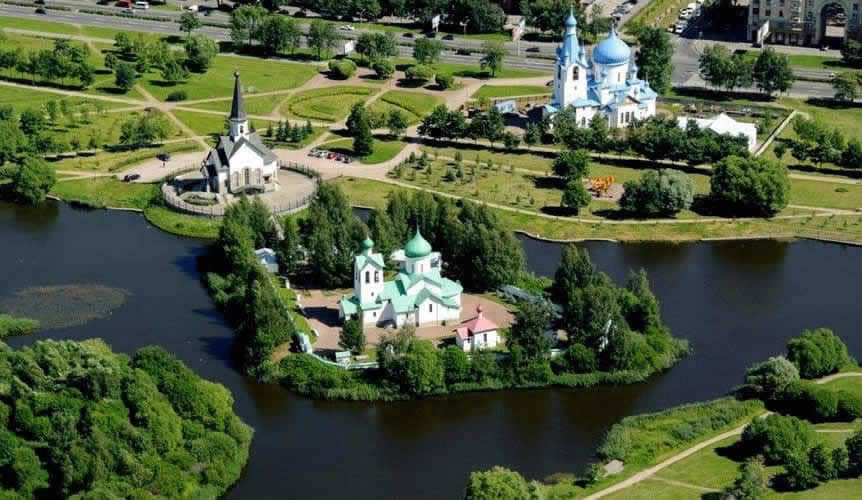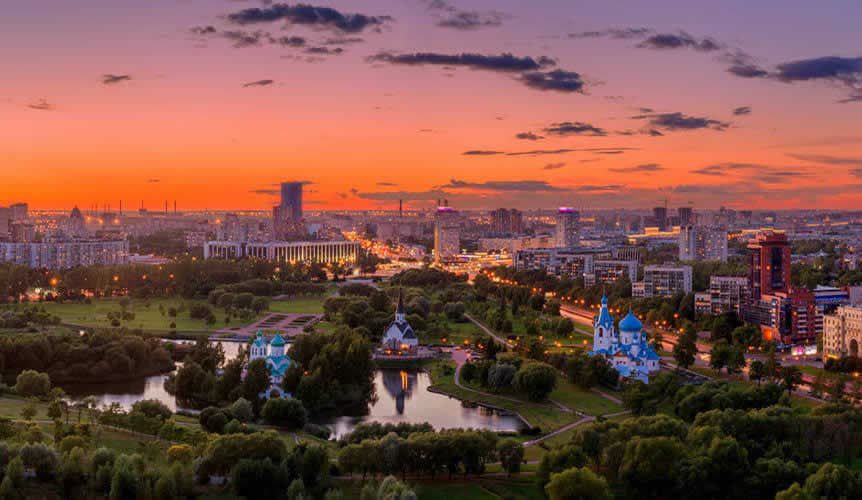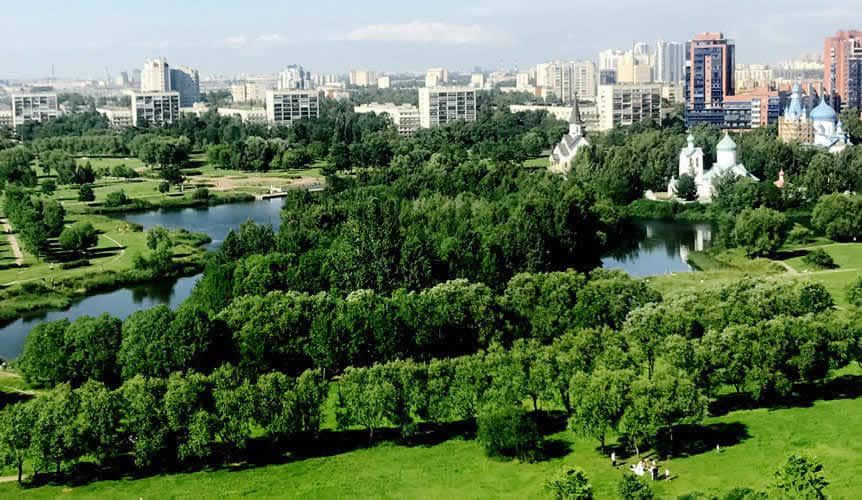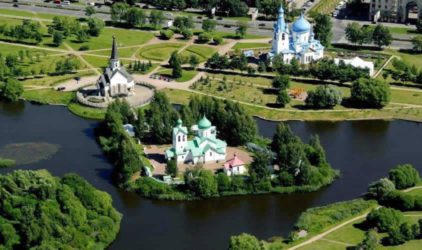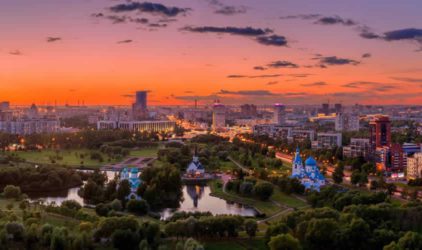The words «бык» (bull) and «пчела» (a bee) have the same root. There are 74 words beginning with the letter “Й” in the Russian language. And there is a Russian word with a length of 35 letters in the Guinness Book of Records.
Here you will read about others captivating rules of Russian grammar!
- There are 74 words beginning with the letter «Й» in the Russian language. But most Russian people can only remember no more than 3: «йод» (iodine), «йога» (yoga) and «Йошкар-Ола» (Yoshkar-Ola – the name of the city).
- There are words starting from letter «Ы». These are the names of Russian cities and rivers: Ыгыатта (Igyatta), Ыллымах (Ylymakh), Ынахсыт (Ynkhsyt), Ыныкчанский (Ynykchansky), Ытык-кюёль (Ytyk-kyuel).
- The only word in the Russian language with three letters «Е» is «длинношеее» (long-necked).
- The words «бык» (bull) and «пчела» (a bee) have the same root. In the works of ancient Russian literature the word bee was written as a «бъчела». The alternation of vowels is explained by the origin of both sounds from one Indo-European sound “u”.
- Until the XIV century in Russia, all indecent words were called “absurd verbs”.
- In the Guinness Book of Records in 1993, the longest word of the Russian language is called «рентгеноэлектрокардиографического» (the x-ray electrocardiographic), in the 2003 edition it is «превысокомногорассмотрительствующий» (overly examining).
- The longest verbs are «переосвидетельствоваться» (re-examined), «субстанционализироваться» (sub-nationalized) and «интернационализироваться» (internationalized) they consist of 24 letters.
- The longest nouns are «человеконенавистничество» (misanthropy) and «высокопревосходительство» (excellency) consisting of 24 letters.
- The longest animate nouns are «одиннадцатиклассница» (eleventh-grader) and «делопроизводительница» (сlerk) consisting of 21 letters.
- The longest dialect, fixed by the dictionary, is «неудовлетворительно» (unsatisfactory) consisting of 19 letters.
- There are so-called insufficient verbs in the Russian language. Sometimes a verb does not have any form, and this is due to the laws of euphony. For example: «победить» (to win). «Он победит», «ты победишь», «я… победю?» «побежу?» «побежду?» (He will win, you will win, will I … win?) Philologists suggest using replacement constructions «я одержу победу» “I will win” or «стану победителем» “I will become a winner”. Since the form of the 1st person singular is absent, the verb is “insufficient”.
- Foreigners use the “yellow-blue bus” mnemonics to successfully master the difficult phrase «я люблю вас» “I love you”.
Russian language is a full of amusing facts! Don’t stop to study it and you will understand the mysterious Russian soul!



